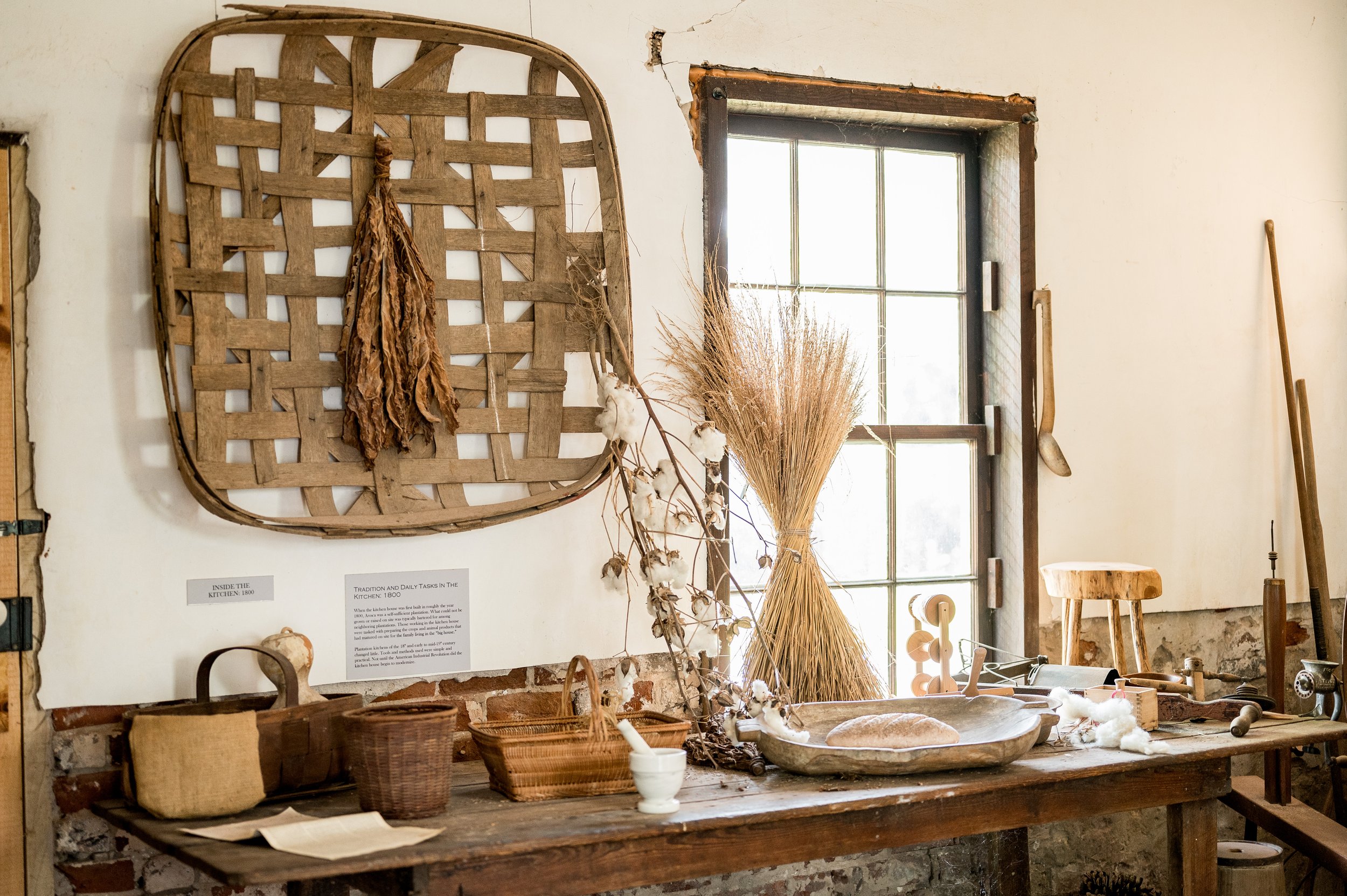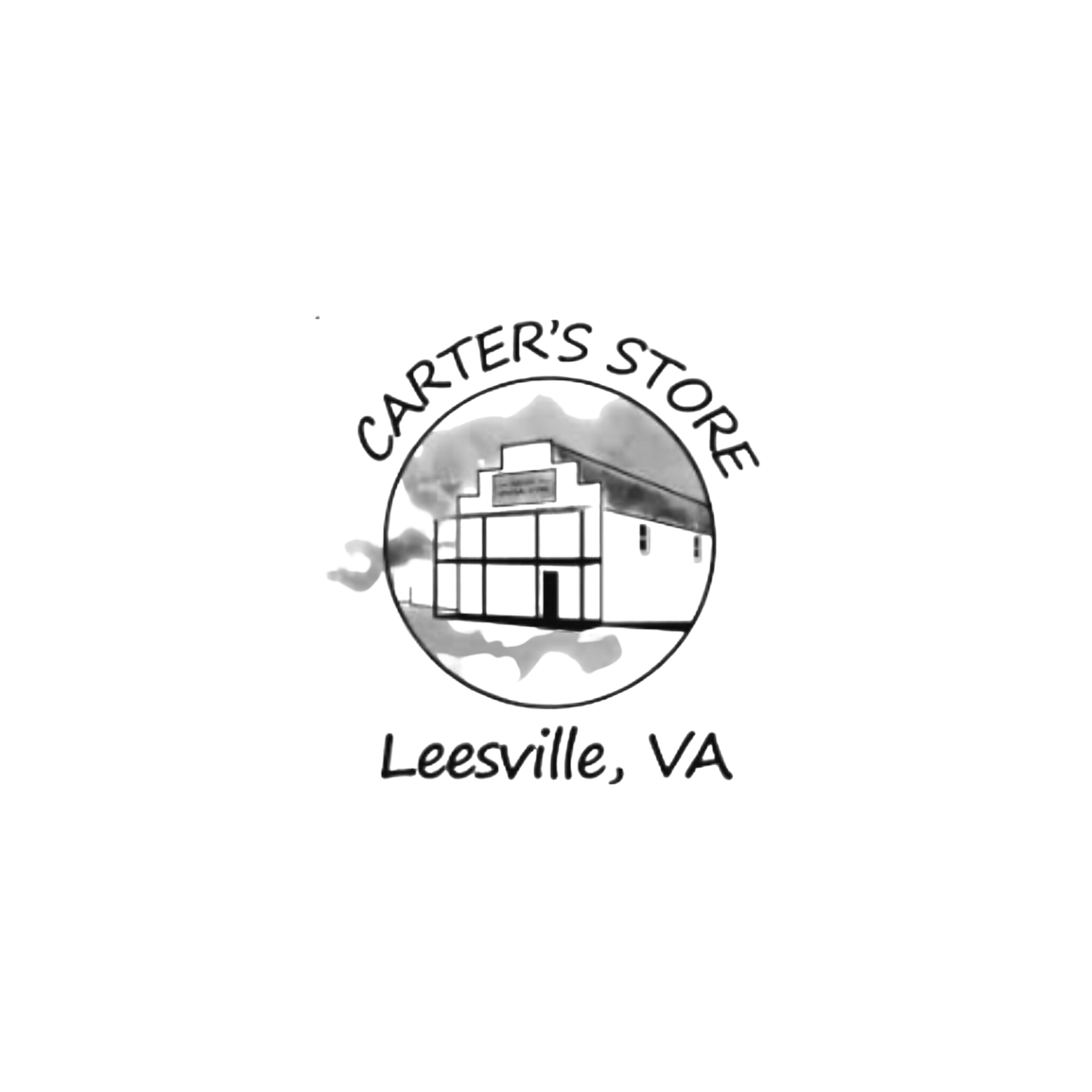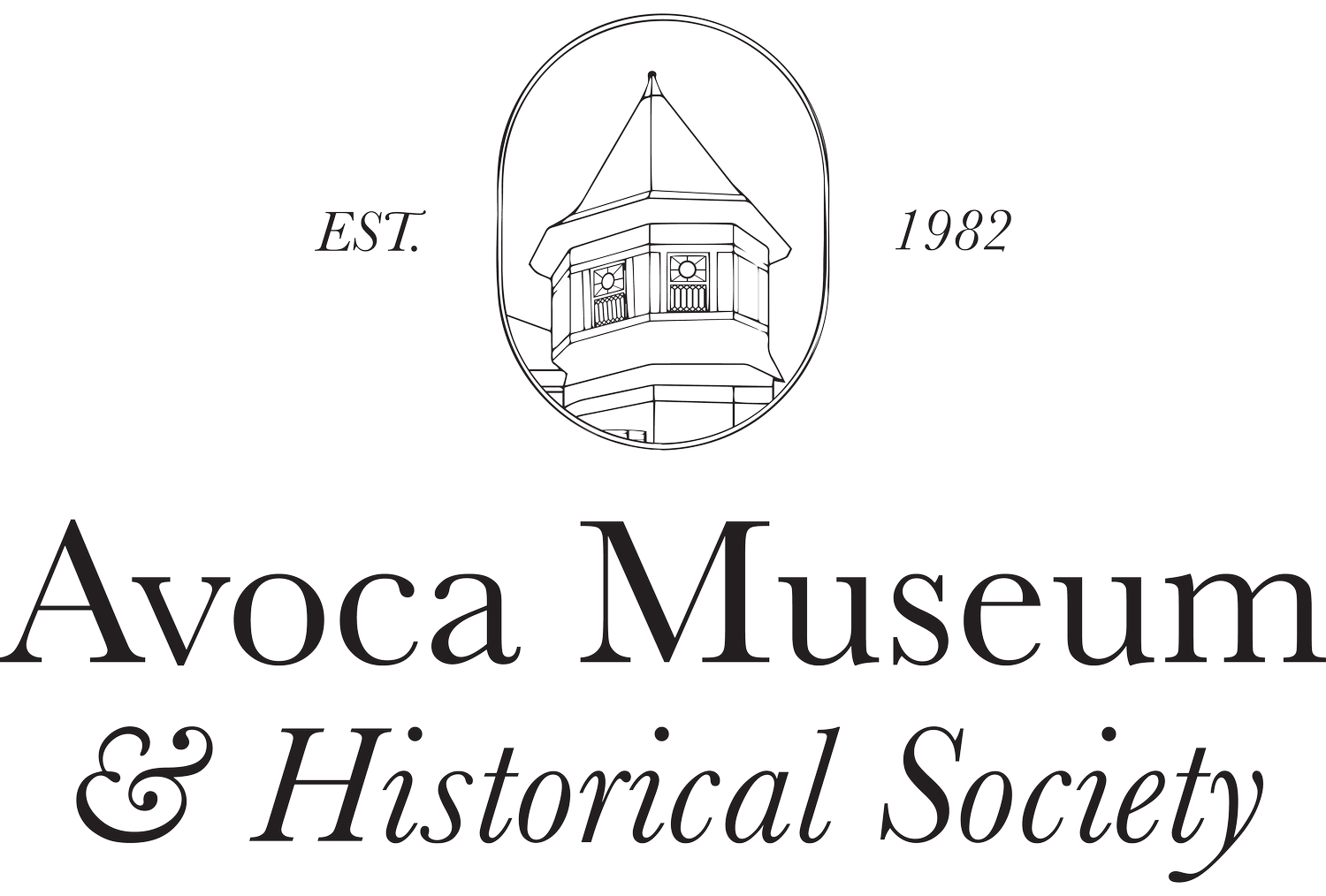Avoca’s History
Col. Charles Lynch’s Greatest Legacy
While Lynch imparted aid to the Patriot war effort in many ways as a statesman, soldier, and civil servant, yet his most profound contribution to freedom came after the war had ended.
The United States of America’s founding set of laws failed to extend the ideal that “all men are created equal” to those of non-white races, the fact that equal protection under the law was extended to all landowning white males was still a step forward. Three years after the ratification of the Treaty of Paris and the official end of the American Revolution, the younger Charles Lynch (or Col. Charles Lynch, as he is popularly known) is recorded as owning 24 slaves. In 1796, he had 13 and was possibly contracting labor out from slaves on neighboring plantations.
While Lynch had advocated in his earlier years that his business as a slaver was morally permissible, he came to see the matter differently in the years following the Revolution. Did his brother John prevail upon him to reconsider the perversity of enslaving a human being? Did John remind his brother of the fact that their father had once, too, been an indentured servant who managed to make a good life for his family only because of his master’s kindness? In the closing years of the eighteenth century, the Quakers certainly were becoming more vocal in their opposition to slavery, so it is probable that John Lynch sought to exercise some influence on his older brother. While the two had suffered a bitter split over the war, the two had mended fences and Charles was apparently listening to his brother’s counsel. Gradually, Charles Lynch began to see the hypocrisy in fighting for some people’s liberty while purposefully denying it to others.
On June 10, 1792, Charles Lynch accompanied his brother John and another member of the Quaker fellowship, Samuel Mitchell, to the Clerk’s office of the newly-formed Campbell County. The three men were there to begin the process of manumitting (i.e. freeing by decree) four men named Robert, Feander, James, and Harry and that it was to take effect on June 1, 1775. While their freedom was not to come immediately, it is was nevertheless a first step in the right direction. By the time of his death in 1796, Lynch had freed all of his remaining slaves except for two that he called “Old Ned and his wife”. Besides this fact, the law did not permit slaves over the age of 45 to be freed from the “care” of their owners.
In the autumn of his years, Charles Lynch returned to his Christian faith and cited the “Golden Rule” as the chief motivation for his freeing of slaves:
“We… from a conviction that all men are by nature free and agreeable to the command of our Lord and Saviour Christ believe it is our duty to do unto all men as we would they should do unto us…”
With these words and with his Christian faith serving as the impetus for doing so, Charles Lynch became a pioneer in Virginia’s late eighteenth century manumission activities. An act of the General Assembly in 1782 made a provision for this, but could only be done if the slaveowner had no pending claims against him. Manumission was virtually unheard of in the first three quarters of Virginia’s eighteenth century but there was a noticeable increase in the Commonwealth’s freed population following the passage of the Manumission Act. Sadly, the fire of liberty soon dimmed to a glimmer in the Commonwealth. In 1806, the General Assembly required that any freedman would be required to soon leave the state. Additional measures were soon passed to discourage manumission.
Col. Lynch’s conviction that slavery was a moral wrong died with him insofar as the purview of Green Level/Avoca was concerned, but those ideals were represented in numerous other instances of those former slavers who followed his lead. Grass had no sooner grown on Col. Lynch’s grave than his majority heir, Anselm Lynch, began to reacquire enslaved people promptly. Thus, the legacy of slaveholding at Green Level/Avoca would resume and linger for almost seventy more years. It would take the end of the Civil War - the nation’s bloodiest conflict - to bring about final emancipation of enslaved African-Americans with the passage of the Constitution’s Thirteenth Amendment.

Brig. Gen. James Dearing
James Dearing, born April 25, 1840, was a distinguished figure who demonstrated early academic and military prowess. Despite initial reservations, he graduated from the United States Military Academy at West Point and rose to prominence as a skilled battery commander and cavalry officer during the Civil War. Following his valiant defense of Petersburg in June 1864, he married Roxana Birchett and tragically lost his life during the Battle of High Bridge in April 1865. Dearing was laid to rest in Avoca's family cemetery on his 25th birthday and later reburied in Lynchburg's Spring Hill Cemetery in 1902.
Special thanks…
Avoca Museum would like to thank our generous annual sponsors!


























